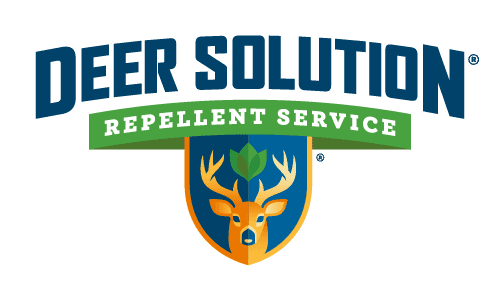Understanding whether deer eat Sweet Alyssums is an essential step for gardeners aiming to maintain a thriving landscape. Sweet Alyssums, known for their delicate white or purple flowers, can add a beautiful touch to any garden. However, the question remains: do deer eat Sweet Alyssums? This article explores deer behavior and outlines eco-friendly strategies to help protect these charming plants.
Do Deer Eat Sweet Alyssums?
Deer are known to have varied diets, often influenced by the availability of food sources and environmental conditions. While Sweet Alyssums are not typically a preferred food choice for deer, they are not entirely immune to being nibbled on. During times when food is scarce, deer might sample a variety of plants, including Sweet Alyssums.
However, gardeners should note that the likelihood of deer consuming Sweet Alyssums can vary based on regional deer populations and other environmental factors. Understanding this variability is crucial for implementing effective deer management strategies. It’s also worth considering that young deer, or fawns, may be more experimental with their food choices, potentially leading them to try plants like Sweet Alyssums even when they’re not a common part of adult deer diets.
Recognizing Deer Damage
Identifying deer damage early can help in taking timely action to protect your plants. Some signs of deer activity include:
Ragged Edges: Deer have no upper front teeth, leading to a ragged, torn look on browsed plants.
Trampled Ground: Hoof prints and disturbed soil can indicate deer presence.
Scat: Finding deer droppings around your garden is a clear sign of their visit.
Additionally, deer may cause damage to tree bark, and you might notice that some of your taller plants have been grazed at a height that other animals cannot reach. Observing these signs can help you determine the extent of deer activity in your garden and the urgency with which you need to implement control measures.
Eco-Friendly Deer Management Solutions
At Deer Solution, we specialize in providing an eco-friendly, all-natural repellent service designed to help manage deer damage without harming the environment. Here are some strategies that align with our eco-conscious approach:
1. Monthly Repellent Applications
Our proprietary repellent is applied monthly, providing ongoing protection for your landscape. This consistent approach helps to condition deer to avoid treated areas over time. The repellent is made from a blend of natural ingredients that are offensive to deer but completely harmless to humans, pets, and beneficial wildlife.
2. Customized Property Protection Plans
Every landscape is unique, and so are the strategies needed to protect it. Our certified deer damage experts conduct a thorough assessment of your property to tailor a protection plan that suits the specific needs of your garden. We consider factors such as the local deer population, the types of plants in your garden, and the layout of your property to create an effective and personalized plan.
3. Safe for Families, Pets, and the Environment
Our repellent solutions are all-natural and safe, ensuring that your family, pets, and the local ecosystem are not adversely affected. This commitment to safety is a cornerstone of our service. We take pride in our environmentally responsible approach and strive to educate our clients on the importance of sustainable practices.
Additional Tips for Deer-Resistant Gardening
Incorporating deer-resistant plants alongside Sweet Alyssums can enhance the overall resilience of your garden. Some plants known to be less appealing to deer include:
Lavender: Its strong scent is usually off-putting to deer.
Marigolds: These brightly colored flowers have a pungent aroma that deer tend to avoid.
Yarrow: Its bitter taste makes it an unlikely choice for deer.
By strategically planting these varieties, you can create a natural deterrent that complements the efficacy of our monthly repellent applications. Additionally, employing physical barriers such as fencing can provide an extra layer of protection for your Sweet Alyssums and other vulnerable plants. Opting for taller fences can be particularly effective, as deer are less likely to jump over them if they cannot see a safe landing spot on the other side.
Embracing Eco-Friendly Deer Management with Deer Solution
While addressing deer-related landscape challenges can seem daunting, exploring sustainable solutions leads us to consider how professional services, like those offered by Deer Solution, provide tailored support for maintaining the health and beauty of your landscape. Our specialized approach, grounded in eco-friendly practices and decades of expertise, is designed to help you enjoy a thriving, deer-resistant garden year-round. With our help, you can achieve a balance between a beautiful garden and the local wildlife, ensuring that both can coexist harmoniously.








